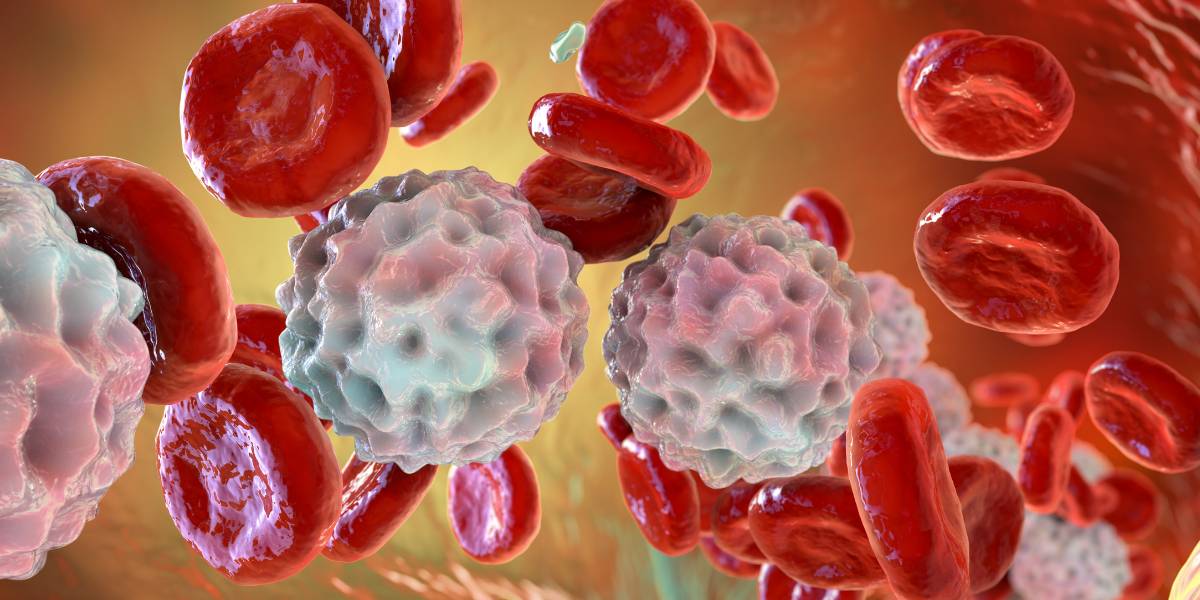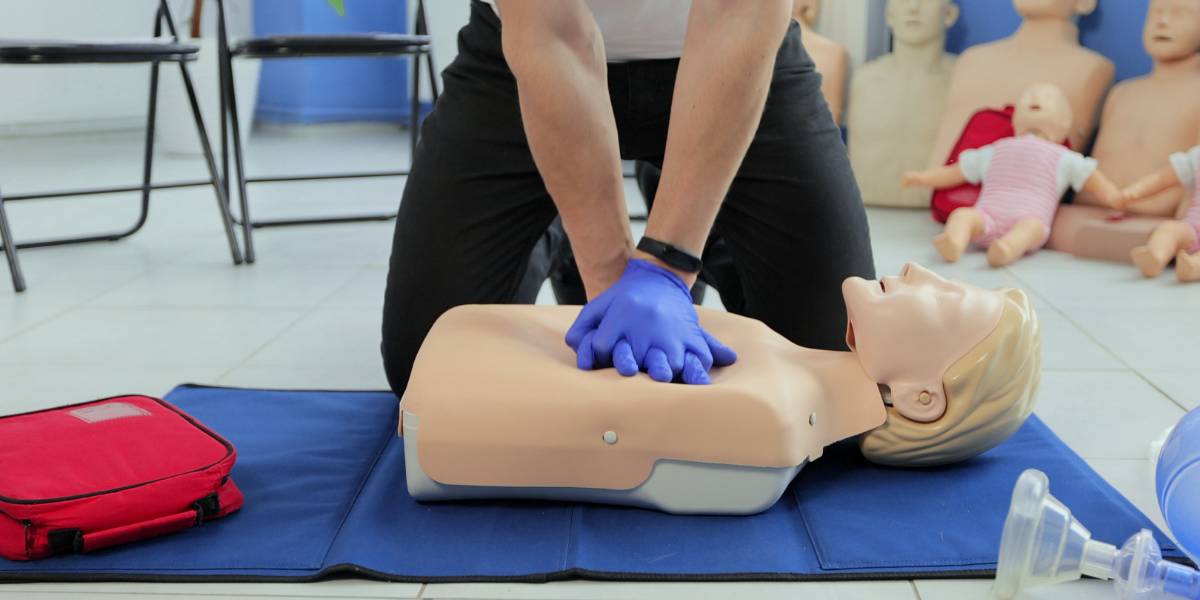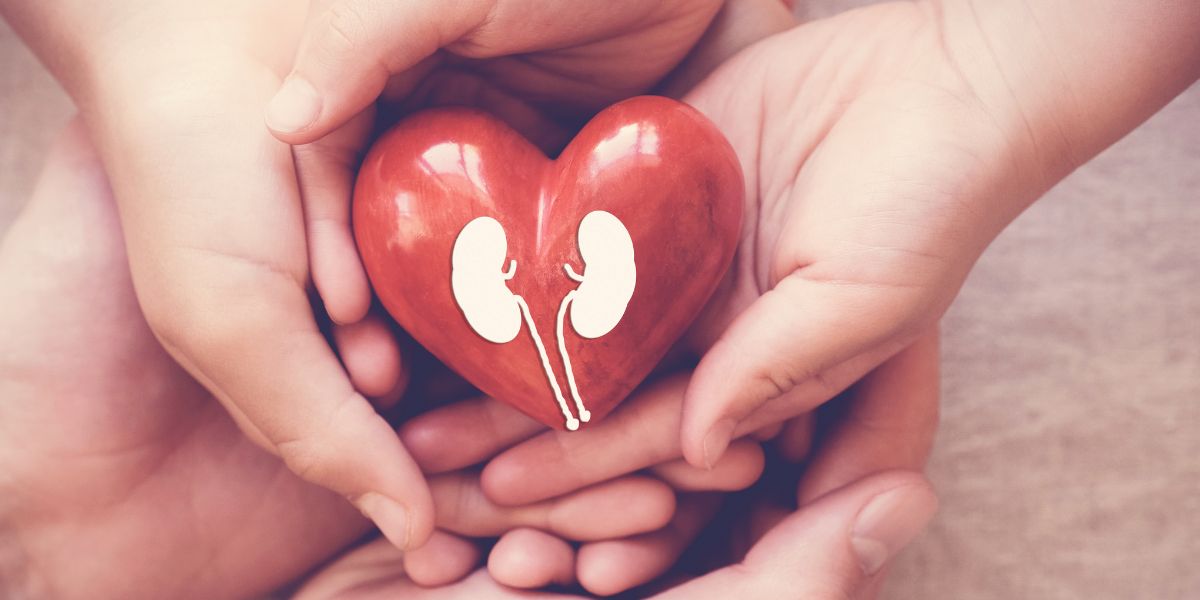High blood pressure, or hypertension, effects around a third of UK adults.[1]
According to John Hopkins Medicine, a person with diabetes is twice as likely to have high blood pressure. While a person with both diabetes and hypertension is also four times more likely to develop heart disease when compared to someone with neither of the conditions.[2]
The symptoms of blood pressure may not show unless blood pressure becomes very high and so it is important that your blood pressure level is checked each year.
TARGET BLOOD PRESSURE LEVELS
The first number in a blood pressure reading is known as the systolic reading, which is the pressure of your blood when your heart beats.
The second number is the diastolic reading, which is the blood pressure between heart beats.
The blood pressure targets set by NICE are slightly different depending on your type of diabetes.
- Type 1 diabetes : Below 135/85 mmHg
If you have diabetic nephropathy (kidney disease) or two signs of metabolic syndrome, the target is 130/80 mmHg
- Type 2 diabetes: Below 140/80 mmHg
If you have nephropathy, retinopathy or have cerebrovascular disease (which includes stroke) the target is 130/80 mmHg
The NHS regards an ideal blood pressure reading as being below 120/80mmHg
The target is to get your blood pressure below both of these numbers.
SYMPTOMS
The NHS notes that high blood pressure is a ‘silent killer’ as there are often no obvious high blood pressure symptoms.[3]
However, very high blood pressure could result in:
- Headaches
- Nosebleed
- Blurred vision
- Difficulty breathing
DIAGNOSIS OF HIGH BLOOD PRESSURE
Diagnosis of high blood pressure is usually diagnosed by a doctor or nurse taking your blood pressure level via a pressurised sleeve put around your arm.
The test can be taken quickly; however, it’s important that you are calm and rested when the test is performed.
If the reading is high, the doctor or nurse may wish to re-test in case the result is falsely high. Stress is recognised as being responsible for higher than normal readings.
People with diabetes should have their blood pressure checked at least once each year.
TREATMENT
Treatment for high blood pressure may either involve lifestyle adjustments and/or medication.
- The NHS states that medication will be recommended if your blood pressure is over 140/90mmHg and you’re at risk of other complications such as heart disease within the next decade.
Medications for high blood pressure include ACE inhibitors, calcium channel blockers and diuretics.
Beta-blockers and alpha-blockers used to be recommended but are these days not so often prescribed because their side effects and drug interactions may outweigh their effectiveness compared to other drugs.
Lifestyle changes will involve keeping your salt intake low, taking regular exercise and stopping smoking.
COMPLICATIONS
High blood pressure is related to an increased chance of complications, particularly in people with diabetes.
High blood pressure is known to raise the risk of the following diabetic complications:
- Diabetic retinopathy
- Diabetic nephropathy (kidney disease)
- Heart disease
- Stroke
![]() References
References
[1] https://www.nhs.uk/conditions/high-blood-pressure-hypertension/ – retrieved on 25th of August 2022 [2] https://www.hopkinsmedicine.org/health/conditions-and-diseases/diabetes/diabetes-and-high-blood-pressure – retrieved on 25th of August 2022 [3] https://www.nhs.uk/conditions/high-blood-pressure-hypertension/ – retrieved on 25th of August 2022
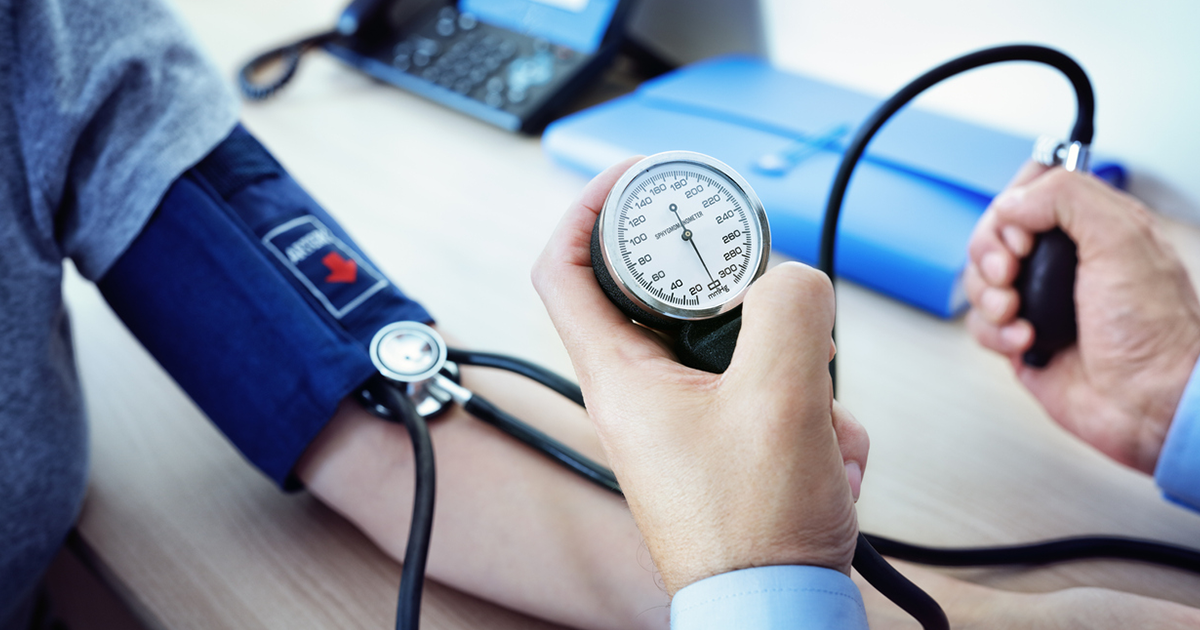
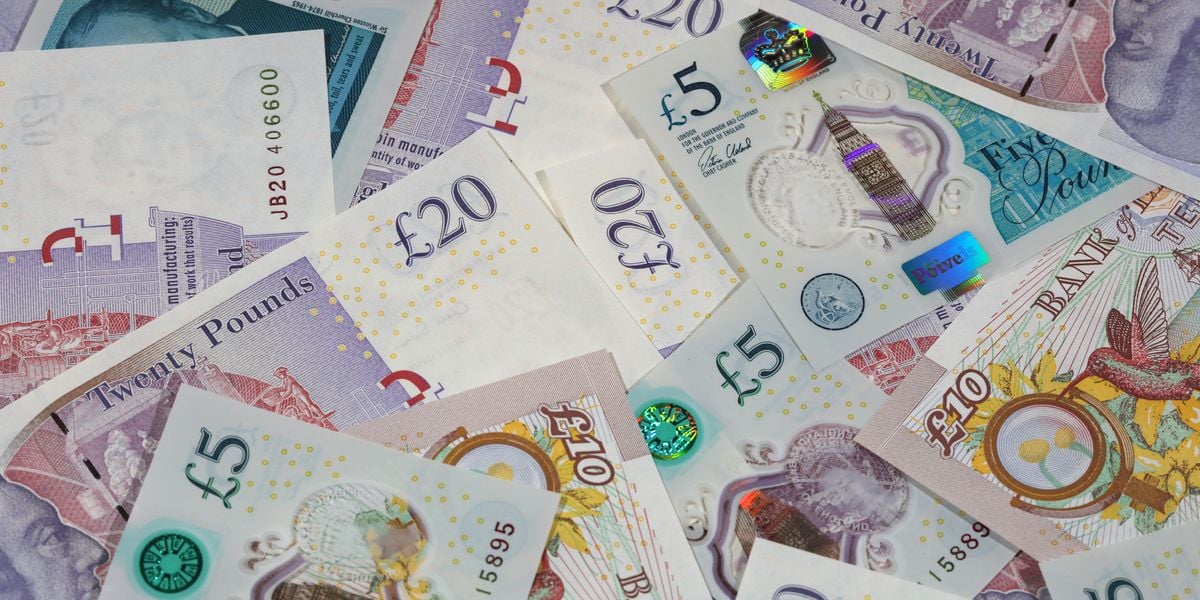
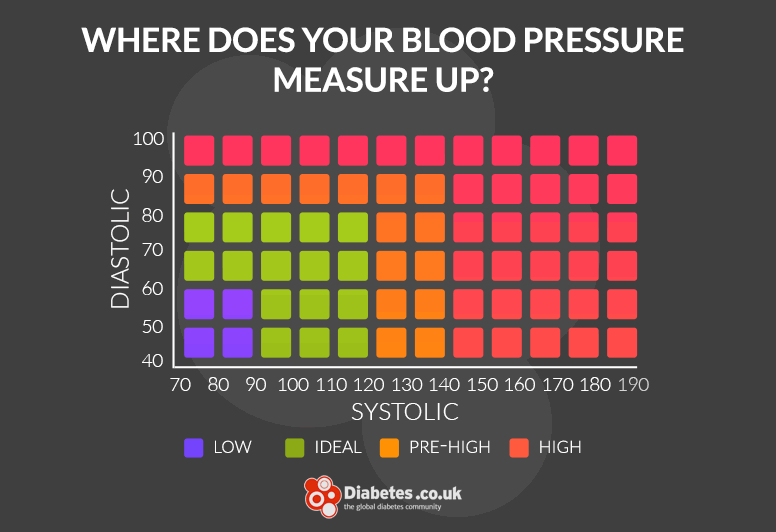 References
References


